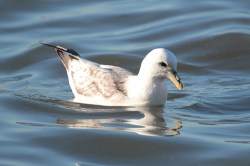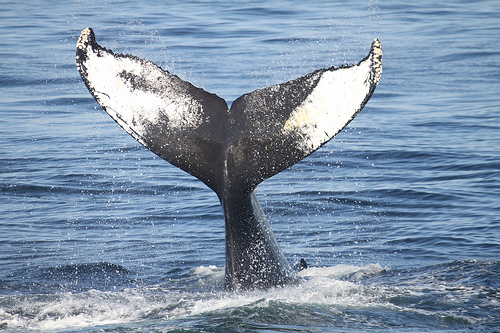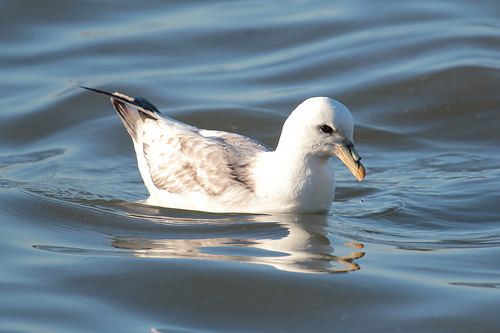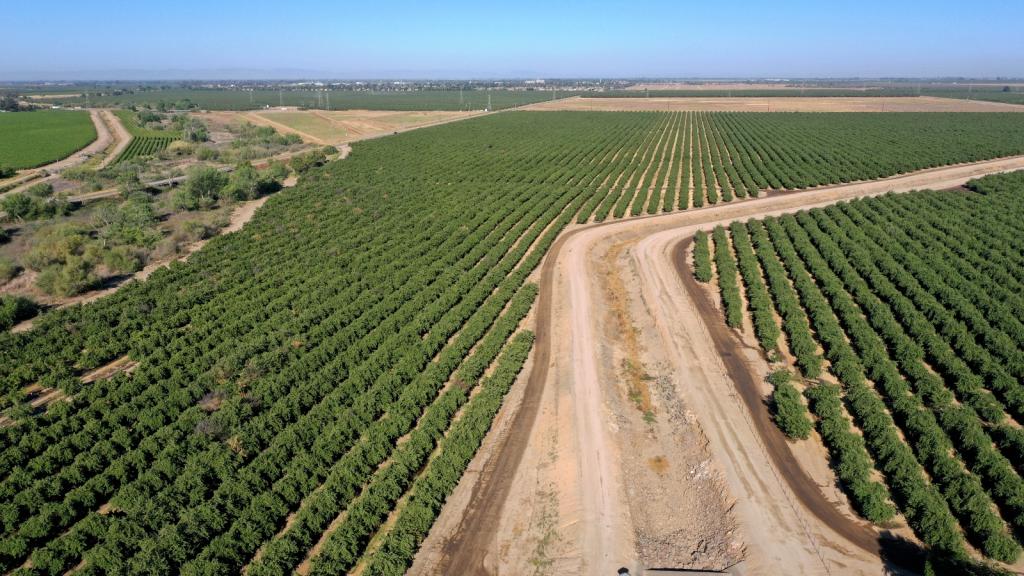
An as-yet unhelpful scientific indicator. (Photo by Jason Crotty.)
One of the best ways to determine how much plastic is polluting a region of the ocean is, unfortunately, to autopsy dead birds in the region. One species of bird in particular, the Northern fulmar, eats nearly anything, rarely regurgites plastic, and is populous enough to die in large numbers over a broad area. So scientists scour the beach for dead Northern fulmars and cut them open. Fun.
What they’ve found recently suggests a massive increase in the amount of plastic these birds are ingesting in the Pacific Northwest. From the Globe and Mail:
Necropsies of 67 of the beached gull-like seabirds collected between October 2009 and April 2010 from the coasts of B.C., Washington and Oregon indicated nearly 93 per cent of them had bellyfuls of plastic, she said.
One bird had 454 pieces of plastic in its gut, said [University of British Columbia researcher Stephanie] Avery-Gomm, the study’s lead author and graduate of the university’s zoology department.
Not only are more birds ingesting plastics, they’re ingesting more of it.
The mass of plastic that’s eaten also increased dramatically — from 0.04 grams in 1969-1977 to 0.385 grams in the current study, she said, adding the average northern fulmar weighs about 800 grams.
Of course, some of the birds that wash up dead have been killed by the plastic they’ve ingested. The material can’t be ingested properly and can block the birds’ intestinal tracts. It’s like a murder mystery where the victim leaves one last clue identifying the culprit.
The extent of the presence of plastic, Avery-Gomm suggests, indicates that plastic pollution is far more of a problem in the Pacific Northwest than was previously understood. For her, the takeaway is simple: People need to be more conscious of how much plastic they’re throwing away. Oh, and also, we need to better monitor the extent of plastic pollution.
I’ll get the scalpels.



